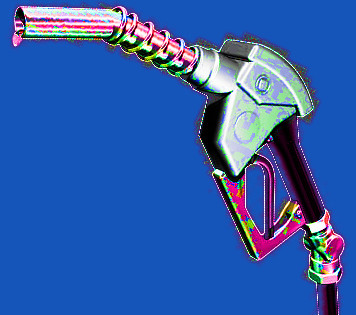Fuel fight continues
 The Government may compromise on Australia's new vehicle emissions standards.
The Government may compromise on Australia's new vehicle emissions standards.
Climate Change and Energy Minister Chris Bowen has signalled a potential softening of the proposed vehicle emissions standards in Australia, following the conclusion of the consultation period.
Bowen says the government is open to industry-proposed modifications, but says he remains committed to the scheme's goals without succumbing to external pressures.
“There have been people of goodwill, both in the industry and elsewhere who said; ‘We agree with your ambition, we agree with what you’re trying to do, and here’s some ideas about how we think the implementation could be done as smoothly as possible’,” Bowen says.
The new policy, set to begin on January 1, introduces annual emissions caps for new vehicles, differentiated between smaller cars and light commercial vehicles (LCVs), such as utes.
The targets are ambitious, mandating over 60 per cent reduction in new car emissions within five years, raising concerns over the market's readiness for low-emission alternatives, especially among top-selling utes and SUVs.
Manufacturers are encouraged to balance emissions by selling more electric and low-emission vehicles or purchasing credits. However, the pace of these changes has been critiqued for potentially outstripping affordable and practical alternatives.
Bowen has admitted that the rapid implementation may be overly ambitious, considering Australia's late start in adopting such standards.
The automotive industry has seen notable shifts, with electric vehicle makers like Polestar and Tesla withdrawing from the Federal Chamber of Automotive Industries (FCAI), protesting the lobby group's stance on the emissions standards.
Samantha Johnson of Polestar criticised the group for undermining consumer trust and slowing the industry's progress towards emissions reduction.
The proposed standards have sparked debate, with opponents labelling them as a de facto tax. Yet, supporters argue they are essential for Australia to meet its climate commitments and maintain industry competitiveness.
Honda and Mazda have expressed their commitment to collaborating with the government, emphasising the balance between environmental ambitions and consumer affordability.
The Grattan Institute has countered industry concerns, suggesting the impact on vehicle prices will be minimal, around 1 per cent, and emphasising the necessity of the standards for achieving net-zero emissions by 2050.
Critics argue the policy may lead to reduced choice and higher costs for consumers, particularly affecting popular models like utes and four-wheel drives.








 Print
Print